As the government gradually eases travel entry restrictions, the number of inbound and outbound tourists from various countries has been increasing. Taiwan has officially entered the post-pandemic era with a relaxation of entry restrictions. With quarantine hotels becoming obsolete, there is an urgent need for transformation in the local hotel industry to boost tourism in Taipei City.
The Department of Information and Tourism of the Taipei City Government joined hands with the Dream Travel Taiwan Association to host a training course on hotel industry transformation. The course is aimed at strengthening the resilience of the hotel industry and predicting trends. The participants responded that they have gained a great deal of knowledge from the lectures and experience shared by professionals from the fields of industry, government and academia.
To promote recovery of the tourism industry, the “2022 Annual Taipei City Hotel Industry Transformation Course and Site Visits” was held over five sessions since October to train hundreds of hotel practitioners. The Taipei Department of Information and Tourism focused on four major aspects of transformation — sustainability, international hospitality, digital application and innovative marketing.
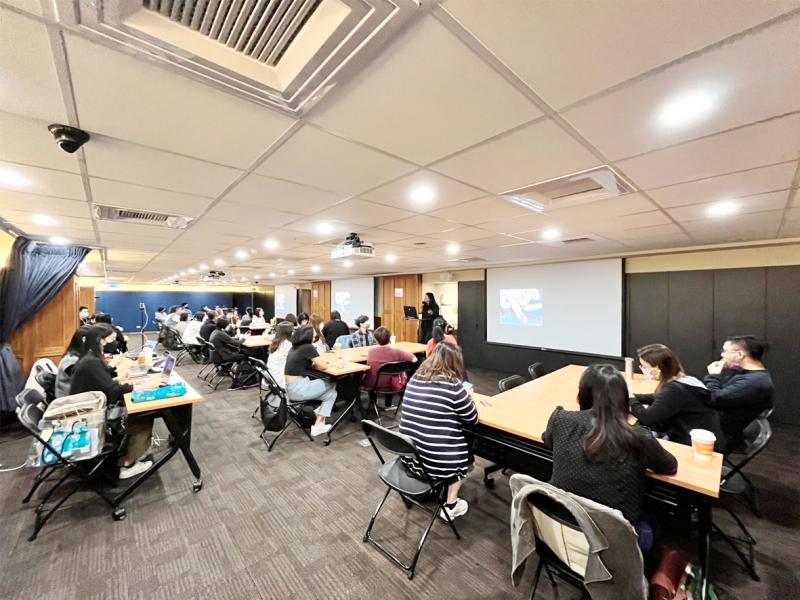
In addition to reiterating guidelines for cleanliness, the course this year also focused on the reception of foreign guests to improve service quality and broadening the participants’ knowledge of international trends. The informative sessions garnered high praise from participants.
Taipei Department of Information and Tourism Commissioner Liu Yi-ting (劉奕霆) said that to keep up with the global trend of sustainable development, the Taipei government passed legislation to achieve a net-zero emissions target by 2050 in June this year, becoming the country’s first local government to make such a commitment.
Taipei strives to promote the city’s net-zero transition, and moves toward a future of carbon neutrality in step with the world. However, a shortage of labor in the hotel sector continues during recovery from the COVID-19 pandemic. Hotels at home and abroad have begun to widely use automated devices for reception, food delivery and cleaning. Demonstrating such technology, professionals showed how digital solutions can help hotel owners deal with lower staffing levels.
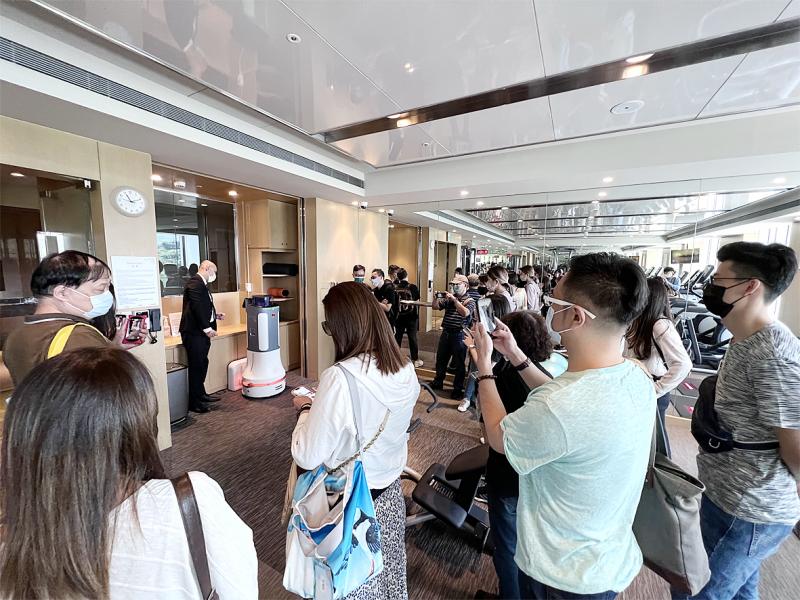
To show how services targeted to foreign guests can be strengthened, the course invited international tour guides to talk about the best ways to welcome overseas visitors. There were also courses to teaching how to promote the charms of Taiwan, and how to digitally upgrade hotel software and hardware.
Other courses included the application of big data and NFT in tourism, hotel hygiene and safety, branding, and consumer complaint resolution, which were targeted at meeting the industry’s needs coming out of the pandemic.
Liu said that Taiwan has once again ranked second in the Global Muslim Tourism Index this year. Since 2019, the Taipei Department of Information and Tourism has been promoting related programs, continuously enhancing a program to create a Muslim-friendly environment, and bolstering tourist attractions and the hotel industry in Taipei.
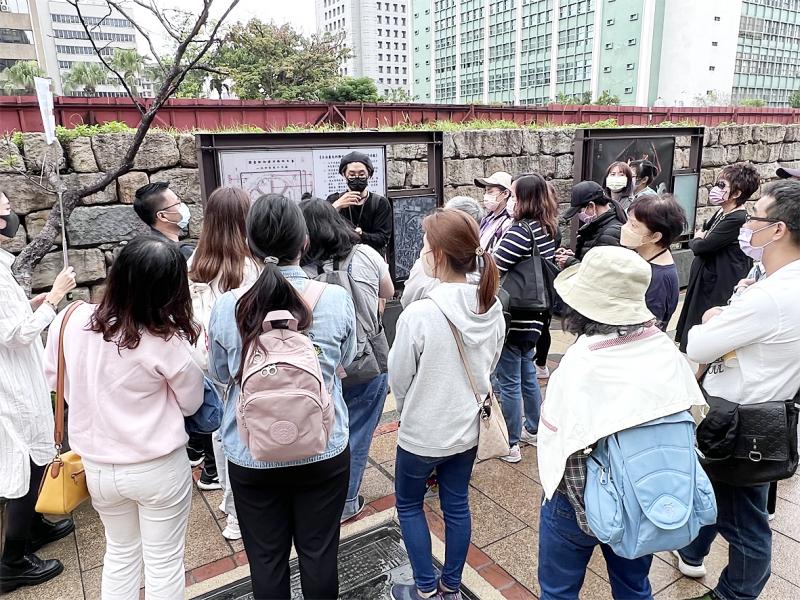
It has been four years since the department began improving facilities necessary for Muslim religious life, such as eating and praying. Many five-star hotels and quarantine hotel operators are optimistic about tourism recovery, as the phase of pandemic prevention comes to an end. Hotels all actively joined the mentoring program in the middle of the year, and look forward to the return of tourism prosperity.
(Advertorial)

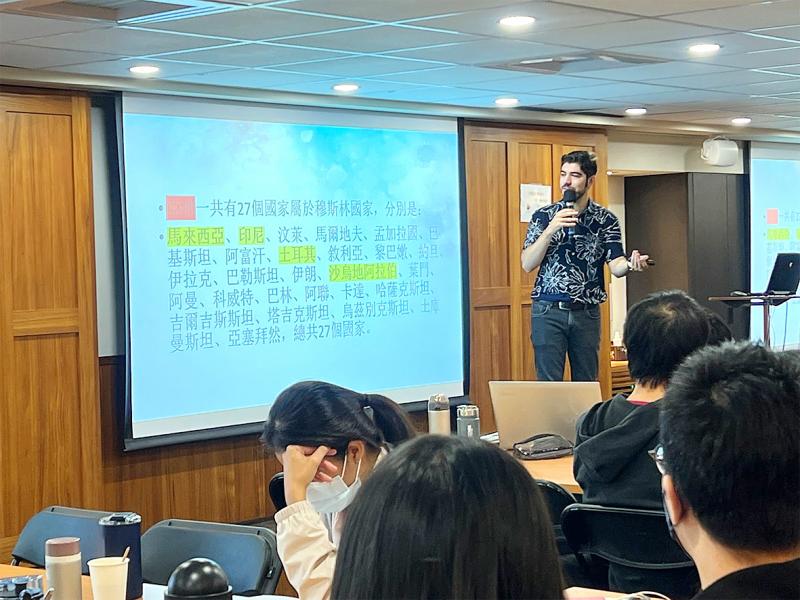
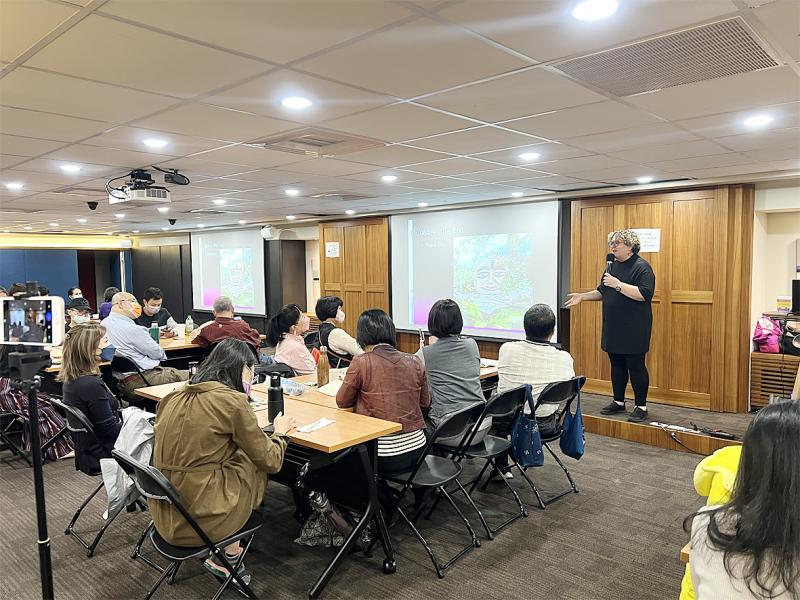

KEEPING UP: The acquisition of a cleanroom in Taiwan would enable Micron to increase production in a market where demand continues to outpace supply, a Micron official said Micron Technology Inc has signed a letter of intent to buy a fabrication site in Taiwan from Powerchip Semiconductor Manufacturing Corp (力積電) for US$1.8 billion to expand its production of memory chips. Micron would take control of the P5 site in Miaoli County’s Tongluo Township (銅鑼) and plans to ramp up DRAM production in phases after the transaction closes in the second quarter, the company said in a statement on Saturday. The acquisition includes an existing 12 inch fab cleanroom of 27,871m2 and would further position Micron to address growing global demand for memory solutions, the company said. Micron expects the transaction to

Vincent Wei led fellow Singaporean farmers around an empty Malaysian plot, laying out plans for a greenhouse and rows of leafy vegetables. What he pitched was not just space for crops, but a lifeline for growers struggling to make ends meet in a city-state with high prices and little vacant land. The future agriculture hub is part of a joint special economic zone launched last year by the two neighbors, expected to cost US$123 million and produce 10,000 tonnes of fresh produce annually. It is attracting Singaporean farmers with promises of cheaper land, labor and energy just over the border.

US actor Matthew McConaughey has filed recordings of his image and voice with US patent authorities to protect them from unauthorized usage by artificial intelligence (AI) platforms, a representative said earlier this week. Several video clips and audio recordings were registered by the commercial arm of the Just Keep Livin’ Foundation, a non-profit created by the Oscar-winning actor and his wife, Camila, according to the US Patent and Trademark Office database. Many artists are increasingly concerned about the uncontrolled use of their image via generative AI since the rollout of ChatGPT and other AI-powered tools. Several US states have adopted

A proposed billionaires’ tax in California has ignited a political uproar in Silicon Valley, with tech titans threatening to leave the state while California Governor Gavin Newsom of the Democratic Party maneuvers to defeat a levy that he fears would lead to an exodus of wealth. A technology mecca, California has more billionaires than any other US state — a few hundred, by some estimates. About half its personal income tax revenue, a financial backbone in the nearly US$350 billion budget, comes from the top 1 percent of earners. A large healthcare union is attempting to place a proposal before